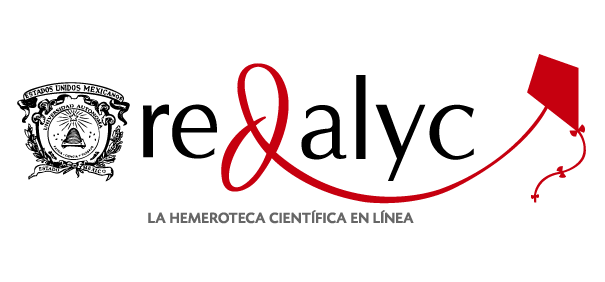The food handlers’ practice on a cultural-historical perspective
DOI:
https://doi.org/10.12712/rpca.v12i2.11352Resumo
This article informs on gender and style of action, contributing to new perspectives on organizational studies and new possibilities of understanding the subject within its work environment. The unit of analysis involves the subject, the object and the relationship with others, both in terms of gender and style that occur in an activity. The self-confrontation method is used to analyze the practice of Food Handlers (FHs) of a confessional school. The two phases of data collection provided by the method sought to explain the genre and the style of the activities of these workers. The rules and regulations system indicate that the workers a high degree of mechanicity of the workers and submitted to constant surveillance. Understanding that styles renew genres enables the manager to learn that the invention practiced by individuals within the activity – called stylistic invention – is essential because if it does not happen the genre may be extinguished.
Downloads
Downloads
Publicado
Edição
Seção
Licença
Os autores mantêm os direitos autorais e concedem à revista o direito de primeira publicação, com o trabalho simultaneamente licenciado sob a Creative Commons Attribution License, permitindo o compartilhamento do trabalho com reconhecimento da autoria e publicação inicial nesta revista.
A Revista usa o CC BY. Essa licença permite que outras pessoas distribuam, remixem, adaptem e desenvolvam seu trabalho, mesmo comercialmente, desde que sejam creditadas pela criação original. Essa é a licença mais flexível oferecida. Recomendado para máxima disseminação e uso de materiais licenciados.
Os autores têm autorização para assumir contratos adicionais separadamente, para distribuição não-exclusiva da versão do trabalho publicada nesta revista (ex.: publicar em repositório institucional ou como capítulo de livro), sempre com reconhecimento de autoria e publicação inicial nesta revista.
A Revista ulitiliza o DOI (Digital Object Identifier ) desde 2007 O DOI com a finalidade de autenticar cada artigo, portanto seu conteúdo digital.


